Real Estate Has a Diversity Problem. Will This Moment Lead to Real Change?
Industry leaders discuss what actions companies and individuals can take and why it’s important to keep the conversation going.
In the wake of George Floyd’s death, which sparked a national reckoning of racism and inequities in the U.S., many industries have made efforts to improve their diversity. Will the strides toward racial equality also lead to greater change within commercial real estate?
That’s the question many people of color have right now as firms large and small voice solidarity with the African American community and support organizations working to address racial inequality. Many in the industry applaud the efforts being made by companies pledging to do more and are cautiously optimistic the momentum toward change will continue, long after the headlines fade.
A longtime problem
According to a study from 2017 by Bella Research Group and the Knight Foundation, more than 75 percent of senior executive jobs in the U.S. commercial real estate industry were held by white men, while only 1.3 percent were held by Black men. White women held 14.1 percent, while nonwhite women held fewer than 1 percent of senior executive-level jobs.
When it comes to ownership, only 0.7 percent of the 889 real estate investment management firms included in the researchers’ data set were owned by women, while just 2 percent were minority owned.
In 2003, when Reggie Samuel was starting out in investment management, he attended the National Multifamily Housing Council annual conference and spotted only one or two other Black attendees out of the crowd of thousands. While he has seen that number grow, it hasn’t been by much.
“I was commonly the only African American in the room,” said Samuel, founder & managing director of The Leumas Group, a Virginia-based real estate management firm.
Eight years later, when Samuel attempted to launch his own fund, he was feeling confident. He had a ton of experience and a successful track record, having done scores of deals with relatively large investors. But he didn’t receive the interest he expected.
“I was surprised at the limited traction that I was able to garner when trying to raise an institutional fund,” he said. While he said he has never felt he was overtly discriminated against, he does believe there are systemic problems in the industry.
While many in the industry reported seeing the number of minorities in commercial real estate tick up slowly over the years, Collete English Dixon saw the opposite occur. Dixon, currently the executive director of the Marshall Bennett Institute of Real Estate at Roosevelt University in Chicago, started her real estate career in the real estate investment division of Prudential four decades ago after graduating from college. While the industry was smaller then, she says it was more diverse than it is now.
“It’s a kind of ‘Wow, how did we get here?’ moment,” said Dixon, reflecting on what’s changed in 40 years. “We have a bigger industry now and many more players, and those platforms appear to be significantly less diverse.”
Barriers to entry
One of the most commonly cited factors that have led to commercial real estate’s continued lack of diversity is how people first enter the industry. The way in which companies recruit candidates often involves outreach to colleges, networking associations and connections with those already established in real estate.
However, many companies recruit only from a few colleges or pick the top colleges in a region—most of which lack diversity. “Usually those schools were predominantly white institutions,” Dixon said. Smaller and more diverse schools lack the same outreach, limiting exposure to the commercial real estate industry.
“Too frequently we feel that Black talent is too hard to find,” said Samuel. “I think the problem is that we’re all fishing for freshwater bass using saltwater tackle.”
Furthermore, many minority candidates looking to break into commercial real estate are unaware of social networking opportunities that exist, said Osayamen Asemota-Bartholomew, the chief program officer & acting executive director at Project REAP, which helps connect talented minority professionals to careers in real estate.
“Too frequently we feel that Black talent is too hard to find,” said Samuel. “I think the problem is that we’re all fishing for freshwater bass using saltwater tackle.”
“A lot of minority professionals don’t get those opportunities because they’re not aware of it,” said Asemota-Bartholomew. “If you take a look at how individuals are able to gain opportunities in commercial real estate, it really boils down to the social systems that revolve around it.”
Residential real estate tends to be easier to break into, since certification and licensing can often be completed in less than two months. But in the commercial space, getting in the door comes with a lot more obstacles.
“People kind of know what real estate is, but they don’t know how to get in it,” said Dixon, who believes there should be more energy placed on identifying diverse candidates for roles. “How to get in that space is virtually unseen.”
Making progress vs. staying static
Minority professionals are more likely to select a company with obvious diversity. Positions of leadership at real estate firms—from the C-suite to corporate board members and top salespersons—very often lack minority representation. “You may see a woman, which is great, but that’s really where it ends,” said Asemota-Bartholomew.
Companies need to be aware of the makeup of those at the top and challenge the hiring process from the beginning. “Demand diversity,” she said. “A lot of these organizations have chief diversity officers, but there’s limited support to them.”
Minority leaders in the field typically have a wealth of resources that could be tapped by allies in the industry. Many are alumni of college fraternities and sororities or members of Black or Hispanic professional associations that companies could be connecting with to identify talented candidates.
“I think we don’t have a lot of those conversations,” said Asemota-Bartholomew. “It’s always ‘Let me go to where I’m comfortable with.’ That’s where the issue lies. If you look at a core team and it looks the same all the time, there isn’t that conscious effort being made to diversify the team.”
Much of the progress that is being made in the industry is thanks to organizations dedicated to advancing talented minority professionals. Project REAP and the Real Estate Executive Council are two of the leading associations that help promote talented minority professionals in real estate through industry resources and relationship development. The programs have been around for years in the real estate industry and have a track record of success.
Both provide opportunities to minority candidates like real estate courses, site tours and networking events with representatives from industry associations and major real estate firms. Notable alumni from REAP include Angele Robinson-Gaylord, the president of U.S. real estate for IKEA, and London Kemp, the global head of corporate real estate for Netflix.
BRP Cos. Co-Founder & Managing Partner Meredith Marshall is one of New York City’s most well-known developers. His firm has been behind several mixed-use housing developments across the city, including major projects in Harlem and the Jamaica neighborhood of Queens.
He sees programs within the industry to promote more diversity as well-intentioned, but notices opportunities to do more.
At his own firm, Marshall has been working on bigger projects that often entail partnering with large, non-diverse firms. “By partnering with us, we’re helping solve the problem,” he said.
“Any positive change, any focus, any real planning will help,” said Marshall about the current movement toward racial equality across the country. “I think real structural change requires a long-term effort that needs to be defined.”
Keeping the focus
Real estate firms are getting the message about the importance of diversity, and in at least one case, making it a centerpiece of their company’s vision for the future.
Cushman & Wakefield Tri-State Region President Toby Dodd said his firm has pledged to make diversity and inclusion initiatives one of its foundational values going forward. Following its merger with DTZ in 2015 and going public in 2018, the company decided to “recraft” what the more than 100-year-old firm was all about.
The firm has made a big push on recruiting, but Dodd acknowledged that it still has a long way to go.
“I think we’ve made progress nationally recruiting from HBCUs,” said Dodd. “We haven’t made nearly enough progress, but we’ve made progress.” In New York in particular, Dodd said the firm has recruited from smaller colleges with more diverse student populations and diversified the panels conducting interviews.
“We have a diversity problem in the industry, and that problem just keeps compounding,” he said. “We started a new decade in 2020, and we’re going to be judged on how we end it. This is our decade to do something about it.”
At Freddie Mac, Multifamily Chief Business Officer Lauren Garren oversees the diversity and inclusion initiatives, and is proud of where the organization stands on diversity. The government-sponsored enterprise’s staff is minority-majority, and 54 percent are women.
The organization’s efforts have included recruiting at varied schools, internal trainings on unconscious bias, contracts with minority-owned suppliers and working with a variety of players in financial transactions.
“I think there is a tipping point,” Garren said. “There’s been a lot of talk, and we’ll keep pushing even when headlines go away.”
Staying accountable
For Greystone Founder & CEO Stephen Rosenberg, the national reckoning that has taken place over the last two months has been somewhat of an awakening.
“I thought I was an Olympic star with diversity and inclusion, but I’m not,” he said. “I would consider myself the most diversity-focused person. But when I look around the room, it’s all white people.”
Rosenberg said change must start with leaders making themselves vulnerable and acknowledging not being aware or sensitive enough to “underlying resentment, anger and frustration” that has existed in the Black community. He said he is passionate about making Greystone a leader in diversity and inclusion going forward and will hold himself personally accountable to make sure he keeps his word.
“I think that’s the job of the CEO. We have to make sure that we’re constantly talking about it,” he said.
Dixon and other industry leaders of color said they appreciate the attention that many commercial real estate companies have recently given to issues surrounding racial equality and diversity.
“Everything we’re saying now, we’ve been saying for decades,” said Dixon. “I’m really glad we have another chance to address this, albeit driven by incredibly tragic events.”
But while they are hopeful that those who have made statements and promised to do more will keep their word, as the saying goes, “actions will speak louder than words.”
“Are you going to do something about it this time?” said Dixon. “And if so, are you willing to be outspoken about what you’re going to do, so everyone knows about it and you can be held accountable about it if you don’t get there?”

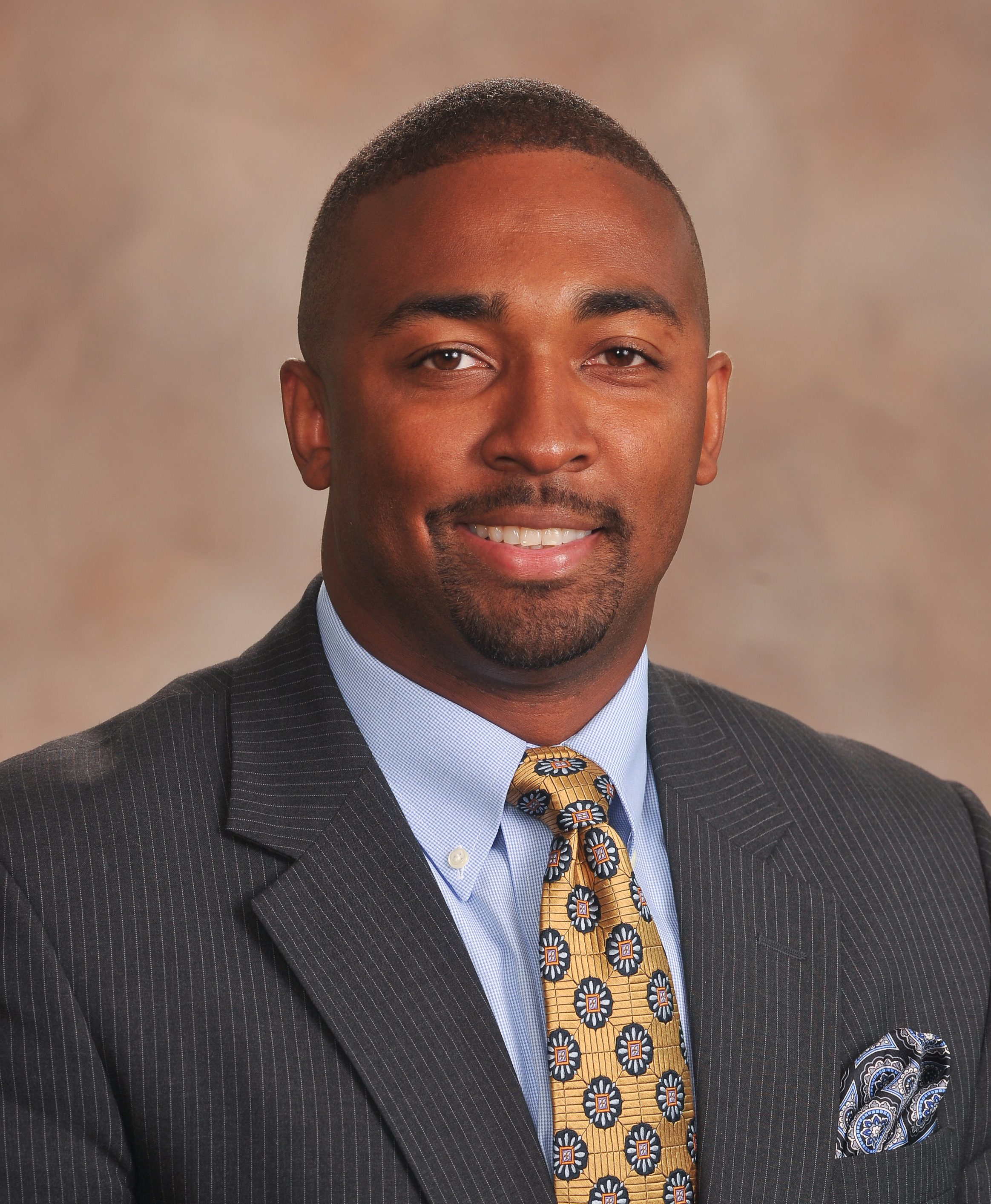
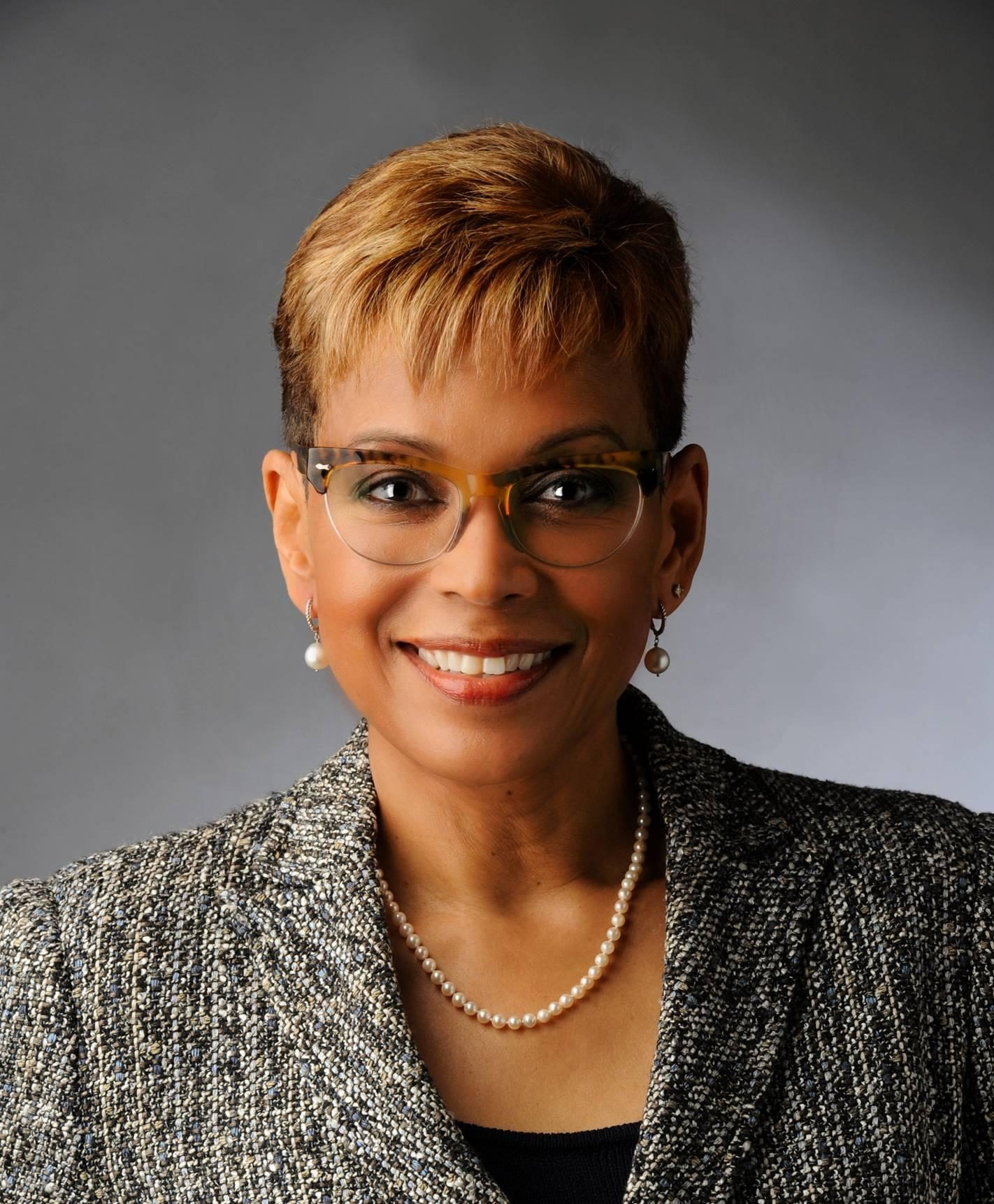
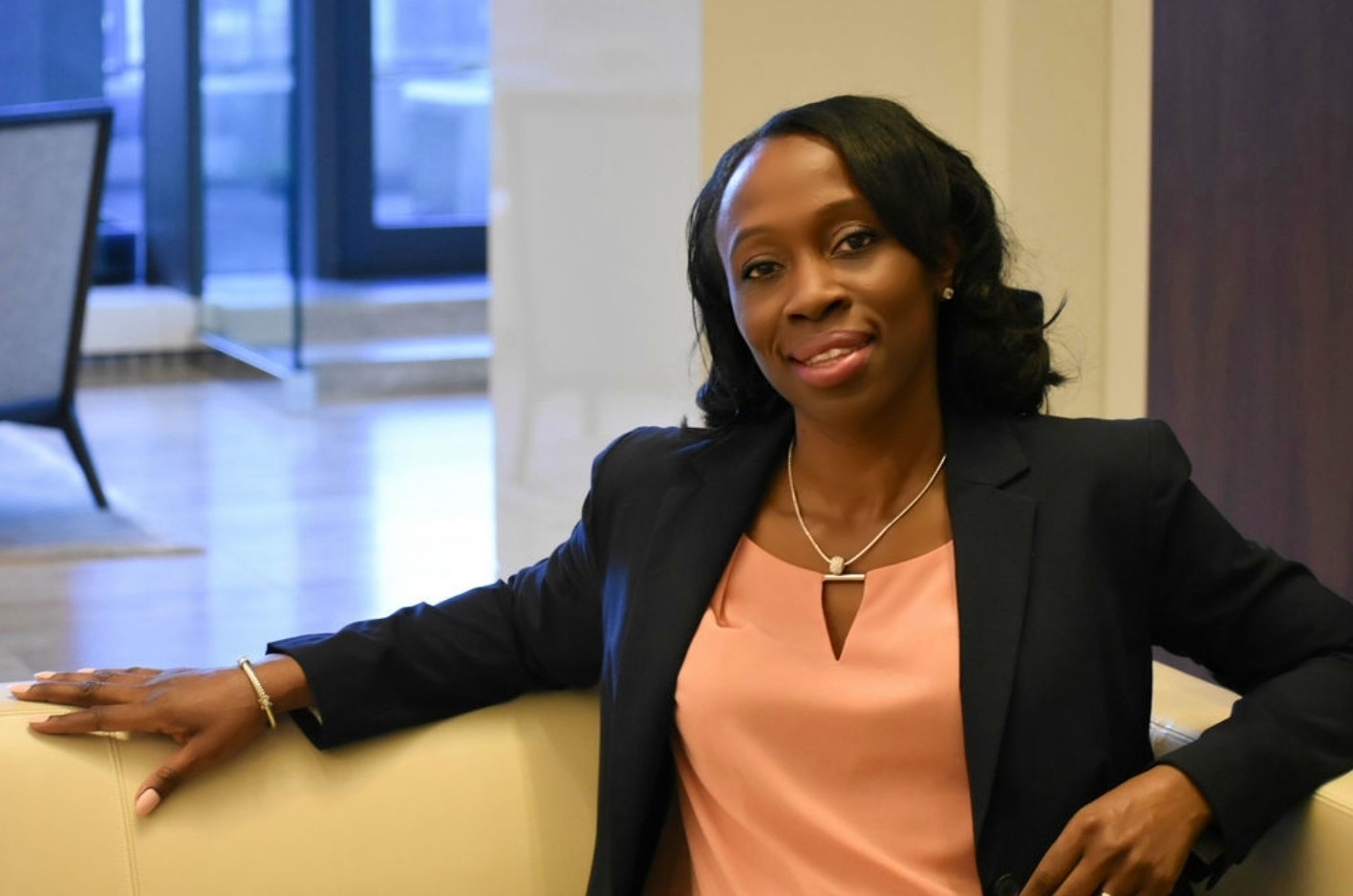
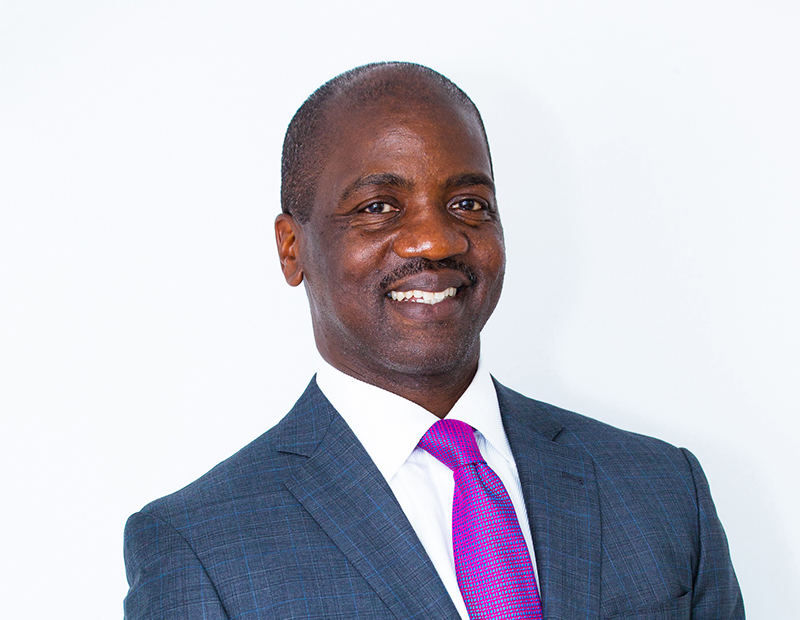

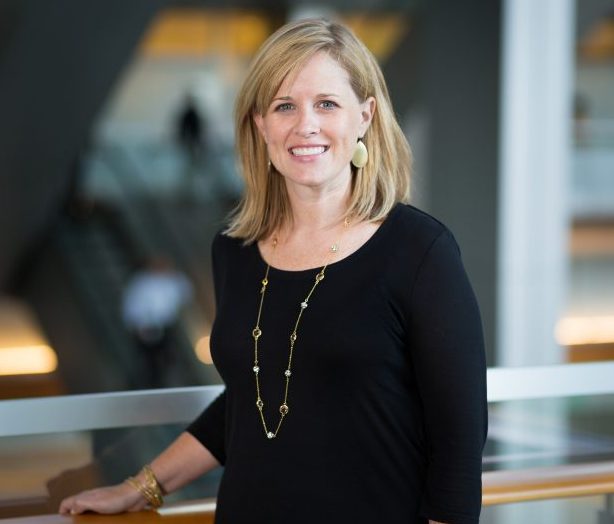
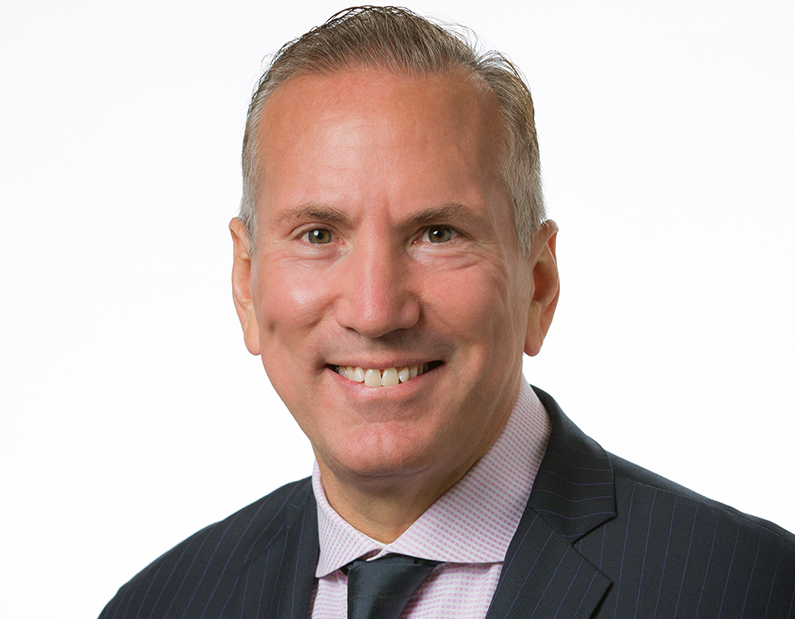



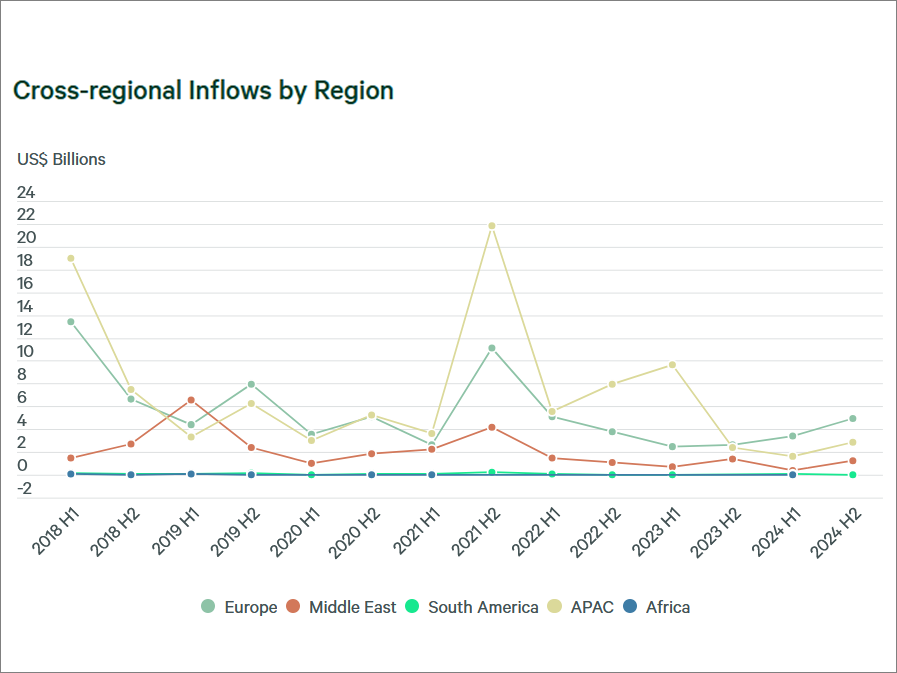


You must be logged in to post a comment.